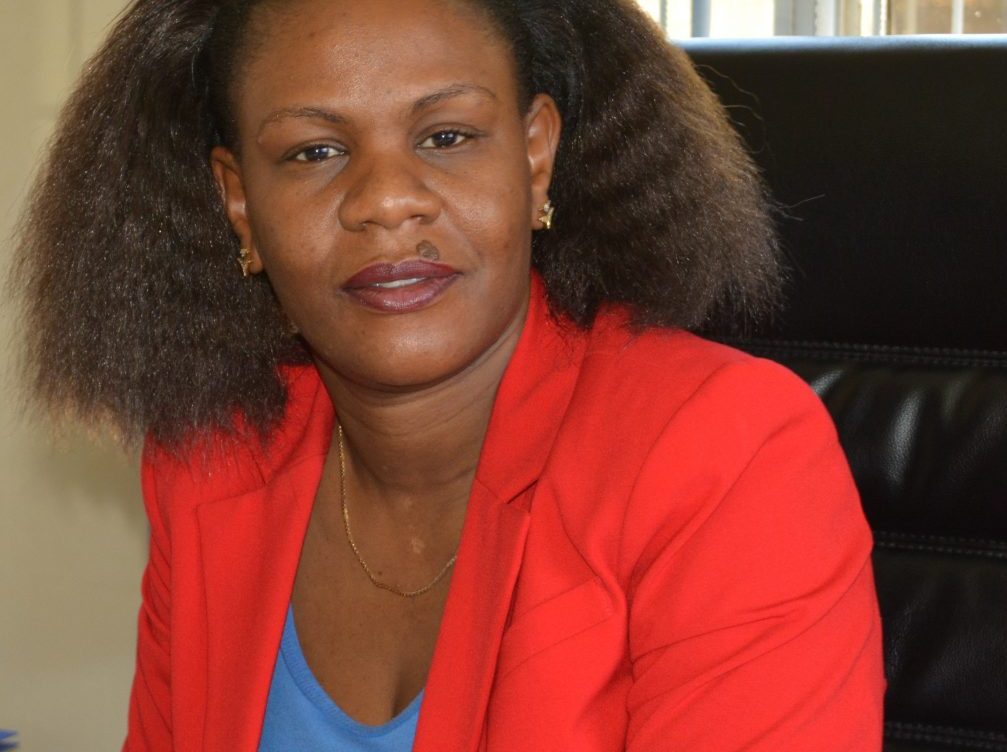
Cyber bullying against women and girls a great cause for concern
By Lilian Saka Kiefer
Our society – both men and women – has in many ways been working very hard to tear women down, kill their spirit and their motivation. In the present day, it seems to be trending to bring women down through social media. Women tend to be easier targets for unwarranted attacks online. Using electronic communication to bully a person, typically by sending messages intimidating, threatening or embarrassing them has been on the increase. It has been relatively higher for women and girls.
Interestingly, when a male person is bullied online, especially a prominent male person, the reaction from all of us is just like: no, this is bad, bad manners, sad and the like. Guns come out blazing, condemning the bullying. Some even go to the extent of “mourning more than the bereaved”. But when a woman is bullied, even a prominent woman, it seems to be entertaining, and in some cases, entertaining to both men and women. This is very disturbing. Bullying is bullying, whether the victim is male or female. We can’t even start to talk about equality here, because the idea is not to cyber-bully males and females equally, but to bring an end to cyber-bullying because of the harm it is causing in our society. The fact stands: just like any other victim of bullying, cyber-bullied women and girls experience anxiety, fear, depression, and low self-esteem. Some may experience physical symptoms, and struggle in their social life. I have witnessed some of my colleagues – women leaders here in Zambia manifesting some of these experiences due to cyber-bullying.
On 23rd September 2018, the Zambia National Women’s Lobby (ZNWL) facilitated a debate dubbed: call to action on Cyber-bullying against women. I followed on Twitter various women leaders sharing experiences of how cyber bullying had affected their lives. I applaud these women for standing strong even amidst such deep violation of their lives. Experiences have ranged from posting comments or rumors about someone online that are mean, hurtful, or embarrassing, with the aim of degrading the person – whether true or untrue – is unwarranted and ill-meant. Threatening to hurt someone or telling them to kill themselves for any reason, Posting mean or hateful names, comments, or content about any personal characteristics of a woman online. When these acts are used against women and/or girls, they either kill their ambitions, damn their achievements and aspirations, or just downgrading the woman folk, as has recently been the case of nude photos and nude videos. The net effect of this is harming efforts towards our common interest in achieving Sustainable Development goal number Five.
Cyber-bullying happens in many different ways. The various examples based on real-life experiences that were shared and discussed during the debate by the ZNWL provide an opportunity for stakeholders to get a deeper understanding of this vice and its consequences on our development. More so, sharing of such experiences provides an opportunity for debate on how to respond and how to support one another, especially as women.
Although I personally do not condone nude-photo sharing between boyfriends and girlfriends and especially among our teenage children, if a young woman chooses to send a nude photo to her boyfriend in private (and maybe because he asked for it), my strongest opinion is that it is uncivilized of that boyfriend to circulate such a photo to the public after they break-up or when they fight. It is cyber-bullying, aimed at degrading the girl and I hold a strong opinion that civilized people of this century should not enjoy such and should shame any perpetrator. In fact a person who derives pleasure from degrading another human being in this manner may not be sane and requires psycho-social treatment.
In conclusion, what we see on social media or generally online, mirrors what is prevailing in the society. The society at large enjoys and condones bullying women and girls. To address cyber-bullying, we must start with addressing the general beliefs and attitudes towards women in general terms. Then we will begin to see positive trends online.
The author is the Executive Director of Panos Institute Southern Africa. For feedback, email: lilian@panos.org.zm.